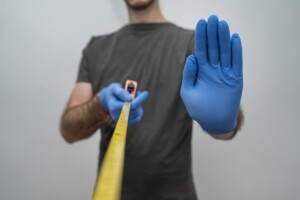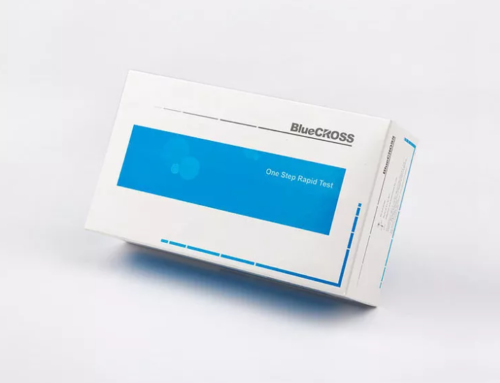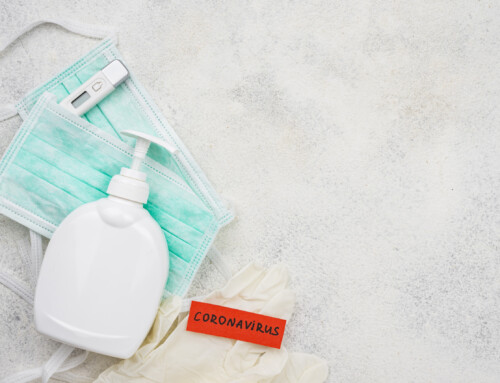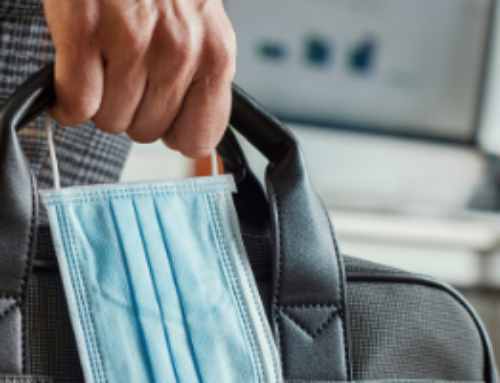Self-Isolating and Restricted Movements
The current COVID-19 pandemic is continuously evolving, we will continue to endeavour to provide you with the most up-to-date information. Current HSE advice and guidelines are as follows.
If you are a close contact of a person that tested positive for COVID-19, you must restrict your movements for 14 days, even if you feel well. Please note, there is a difference between the requirement to restrict your movements and the requirement to self-isolate, this is outlined in the table below. Testing centres are at full capacity and are prioritising those who have symptoms. As a result, close contacts will not be tested during this time but still need to restrict their movements.
Please note, if you are a close contact, you need to restrict your movements, regardless if you develop symptoms or not. If you develop symptoms of COVID-19, you must self – isolate and phone your GP for further advice. If your test is:

What other people you live with; need to do:
If you feel well and do not have symptoms of COVID-19, the people you live with, do not need to restrict their movements. They can continue to go to work, school, preschool or childcare as long as they do not have symptoms. But if they have been told they are also a close contact of COVID-19, they need to restrict their movements.
| Self-isolation (stay in your room) |
|
||
|---|---|---|---|
| Do this when you |
|
|
|
| Where | In a room, on your own if possible, with a window you can open, at home or indoors. | At home/indoors. | |
| Work or school |
|
Do not go to work or school, unless you work on your own and can completely avoid other people.
If you do not have symptoms and you are an essential worker, speak to your Employer. |
|
| Outdoor exercise | Do not go outside unless you have your own outdoor space where you can get some fresh air away from other people. | You can go outside to exercise by yourself as long as you keep 2 metres from other people. | |
| Going out, other than exercise and work | Stay in your room as much as possible and do not go outside for anything. | Stay at home and do not go to the shops or pharmacy unless it’s absolutely necessary – order groceries online or have some family or friends drop them off | |
| Visits | Do not have visitors at your home and do not visit others. | Do not have visitors at your home and do not visit others. | |
| Other members of your household | Need to restrict their movements and get a test for COVID-19. | Do not need to do anything, unless you develop symptoms of COVID-19. Then you will need to self-isolate and they will need to restrict their movements. If your household members develop symptoms, they will have to self-isolate. | |
| When to stop | If you had a positive test result Only stop self-isolating when you have had no fever for 5 days and it has been 10 days since you first developed symptoms.If you had a negative test result and were tested because you had symptoms of COVID-19 Only stop self-isolating when you have had no symptoms for 48 hours.There is different advice for people in long-term residential care or treated in hospital. |
If you were tested because you were a close contact of someone with COVID-19 Restrict your movements for 14 days, even if you have a test and your test comes back negative.If you are caring for someone who cannot self-isolate You and the rest of your household should restrict your movements for 17 days. |
If an employee has been absent from work relating to Covid-19, you should ensure the following:
For more information, please visit our support page here, and the HSE website: Coronavirus – HSE.ie





Leave A Comment